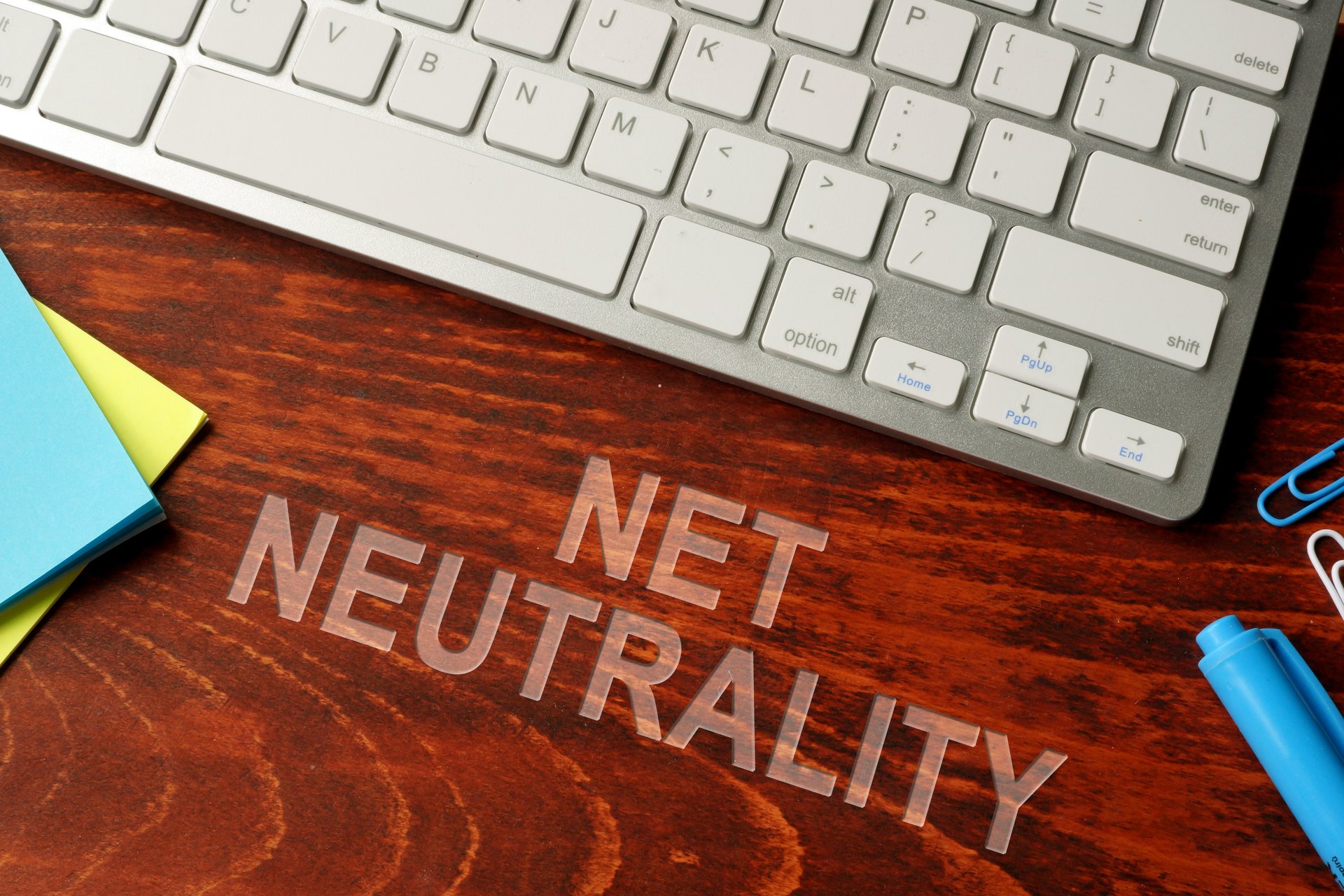
The Federal Communications Commission has struck down a federal regulation that required internet service providers, or ISPs, to treat all online content equally.
The FCC — which sets the country’s rules on the access and pricing of TV, phone, internet and radio — announced the 3-2 vote Thursday. In effect, the change will allow broadband providers to block websites, or to charge customers extra for premium service or content.
Prior to the decision, net neutrality proponents argued that only ISPs would benefit from repealing net neutrality.
What is net neutrality?
The Electronic Frontier Foundation, a nonprofit that advocates for digital privacy rights and free speech, defines net neutrality simply:
“the idea that Internet service providers (ISPs) should treat all data that travels over their networks fairly, without improper discrimination in favor of particular apps, sites or services”
In “Why Net Neutrality Is Important,” Money Talks News founder Stacy Johnson details how net neutrality impacts how you experience the internet — and how much you pay to access it. He begins:
“If you’re a huge internet service provider, such as Comcast, AT&T or Verizon, you’re a ‘gatekeeper’ because before any internet traffic reaches your subscribers, it has to first travel through your network. And because you control the network, it’s tempting to slow down — even block — the content of your competitors, or make extra money by collecting a fee from content providers willing to pay for faster downloads.
“In other words, even though you’re already charging your customers for access to the internet, if the content they want to see doesn’t make you money, you’d like the option of making it harder for them to see it. For example, if you’re Comcast, you might make it faster to stream your pay-per-view movies rather than those of your competitors, such as Netflix.”
What the FCC’s decision means for you
Some amount of chaos is likely in the wake of the decision. According to a report from the New York Times:
It will take a couple of weeks for the changes go into effect, but groups opposed to the action have already announced plans to sue the agency to restore the net neutrality regulations. Those suits could take many months to be resolved.
The ruling could impact how individual consumers are billed for internet services in a way that is both “good and bad,” according to CNN:
T-Mobile, for example, was criticized by net neutrality supporters for effectively making it cheaper for customers to stream videos from Netflix and HBO, putting other video services at a disadvantage.
Without net neutrality, internet providers may pursue similar offers more aggressively, which would likely be viewed as a positive by consumers looking to save money on their streaming media.
However, CNN reports that while “billion-dollar services like Netflix are not going to disappear overnight,” the ruling could make it tough for startup companies “to strike deals with providers and pay up to have their content delivered faster.”
Let us know how you feel about net neutrality by commenting below or over on our Facebook page.




Add a Comment
Our Policy: We welcome relevant and respectful comments in order to foster healthy and informative discussions. All other comments may be removed. Comments with links are automatically held for moderation.